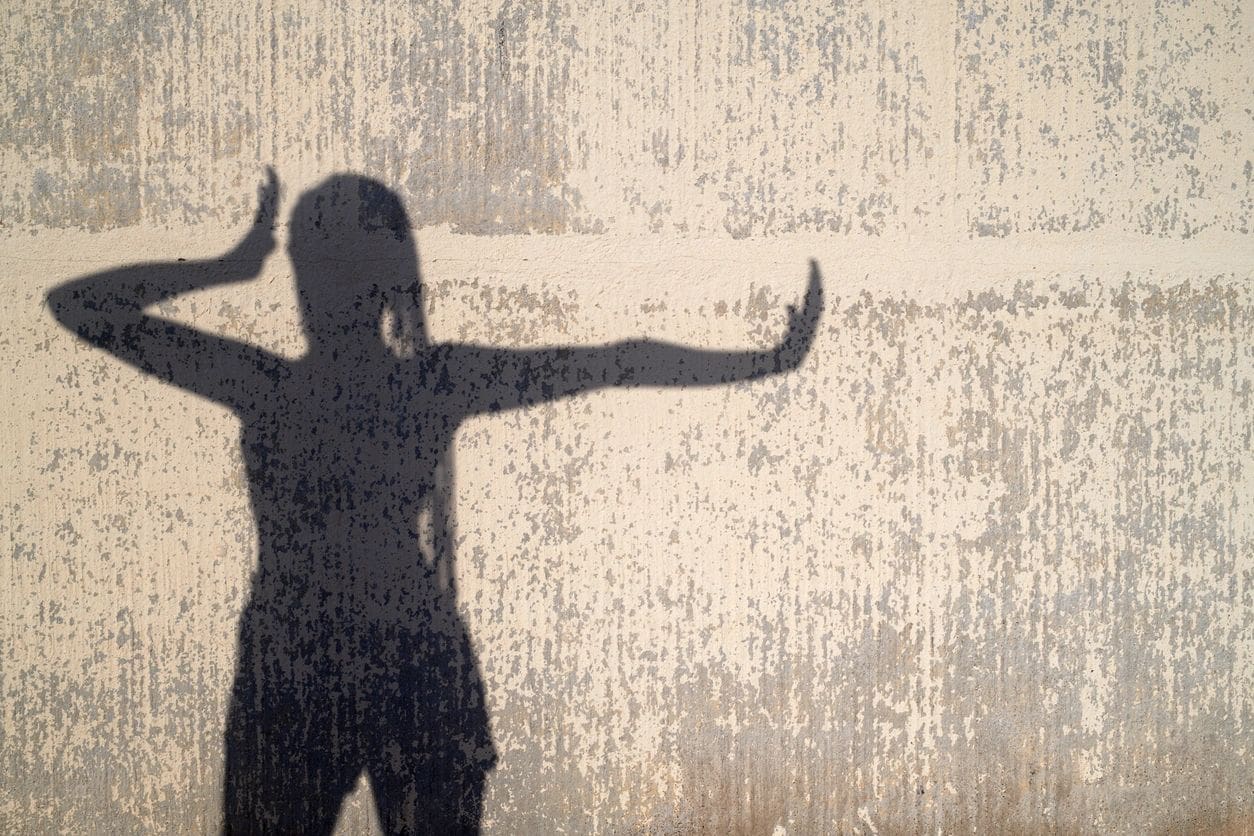Search Posts
Recent Posts
- Outdoors in RI: 138th Arbor Day, Princess Kate and access to nature, Winnapaug Pond, Vets fish April 18, 2025
- Saving lives, Paul Rego donates his 100th gallon of blood at the Rhode Island Blood Center April 18, 2025
- Rhode Island Weather for April 18, 2025 – Jack Donnelly April 18, 2025
- National Financial Literacy Month. BankRI offers free, virtual workshop: “Smart money moves… April 18, 2025
- GriefSpeak. Technology in Death and Grief – Mari Nardolillo Dias April 18, 2025
Categories
Subscribe!
Thanks for subscribing! Please check your email for further instructions.

Nearly 1/2 of us expect negative mental health impact from election, (D) 250% more than (R).
In a random survey, 46% reported that their mental health will be negatively affected if their preferred candidate loses; Democrats are 250% more likely than Republicans to have their mental health extremely negatively affected by election results
An annual holiday stress survey has also revealed the stakes of the upcoming presidential election in mental health terms: nearly half of the country will feel negative mental health effects if their preferred candidate loses on Tuesday. Of 500 Americans randomly surveyed, more than 13% said their mental health will be extremely negatively affected if their candidate loses; and more than 33% said their mental health would be somewhat negatively affected.
The results are part of the third annual Holiday Stress Outlook from healthcare marketplace Sesame.
Partisan divide may now also include mental health outcomes
The mental health of those who identified as Democrats in the survey was found to be particularly vulnerable to a loss by their preferred candidate. Of the 186 polled who said they are Democrats, 56% said their mental health will be negatively affected by a loss: 21% said their mental health would be extremely negatively affected; and 35% said it would be somewhat negatively affected.
Those who said they are Republicans were less likely (37%) to report that their mental health is vulnerable to a loss by their preferred candidate: of the 142 surveyed who said they are Republicans, 6% said their mental health would be extremely negatively affected; and 31% will be somewhat negatively affected.
“The numbers aren’t necessarily surprising given the tone of the campaign, the crushing volume of media coverage, and the ubiquity of social media,” said Dr. Allison Edwards, Sesame’s medical director. “It’s a reminder that mental health can be negatively impacted by a wide variety of externalities. And Americans should not neglect their mental health when solutions have never been more plentiful and accessible.”
According to the same survey, nearly 60% of Americans are concerned that political discussions will impact social gatherings during the holidays. Democrats (68%) reported a stronger concern than Republicans (50%) in this regard.
Those who did not identify as aligning with a major party also indicated the election could have negative mental health effects. More than 42% said their mental health will be somewhat or extremely negatively affected if their preferred candidate loses; and nearly 60% are concerned that political discussions will impact social gatherings during the holidays.
How will we cope?
Holiday stress levels, uniquely accompanied this year by hand-wringing over a high-stakes presidential election, are again driving Americans toward a variety of coping mechanisms. Nearly half of respondents (49%) will turn to comfort food to deal with the stresses of the season, about one in five say they will have sex, and 27% say they will drink alcohol to cope.
Americans also report feeling holiday-related stress – again – compounding the problem with holiday gatherings just 2 weeks away
The survey revealed that Americans are again feeling anxiety over the upcoming holidays. Among the survey findings:
- some 58% of Americans said their stress levels will increase during the holidays;
- inflation is again the leading cause of holiday stress, affecting 30% of respondents;
- extended family (30%) is the leading cause of relationship stress during the holidays;
- a minority of respondents (21%) said they would consider professional counseling for their holiday anxieties and stress;
- and winter continues to be the season that Americans are most likely to cite as when they have the poorest mental health. Only 36% report having “good” or “very good” mental health during the winter. The other seasons are all above 72%.
Complete results of the Sesame annual Holiday Stress Outlook, including comparisons to the results from prior years, can be seen here. The survey was conducted via Pollfish.
ABOUT SESAME
Sesame is the company that offers Americans quality, convenient health care at half the typical price. The company’s marketplace eliminates insurance, allowing healthcare providers to compete on quality, accessibility – and pricing. Sesame was ranked #1 by Healthline for overall care in 2021, 2022, 2023, and 2024, as well as Best for Doctor Choice in 2023 and 2024 by Forbes, and most affordable telehealth in 2023 by CNET. For more information, visit sesamecare.com.
